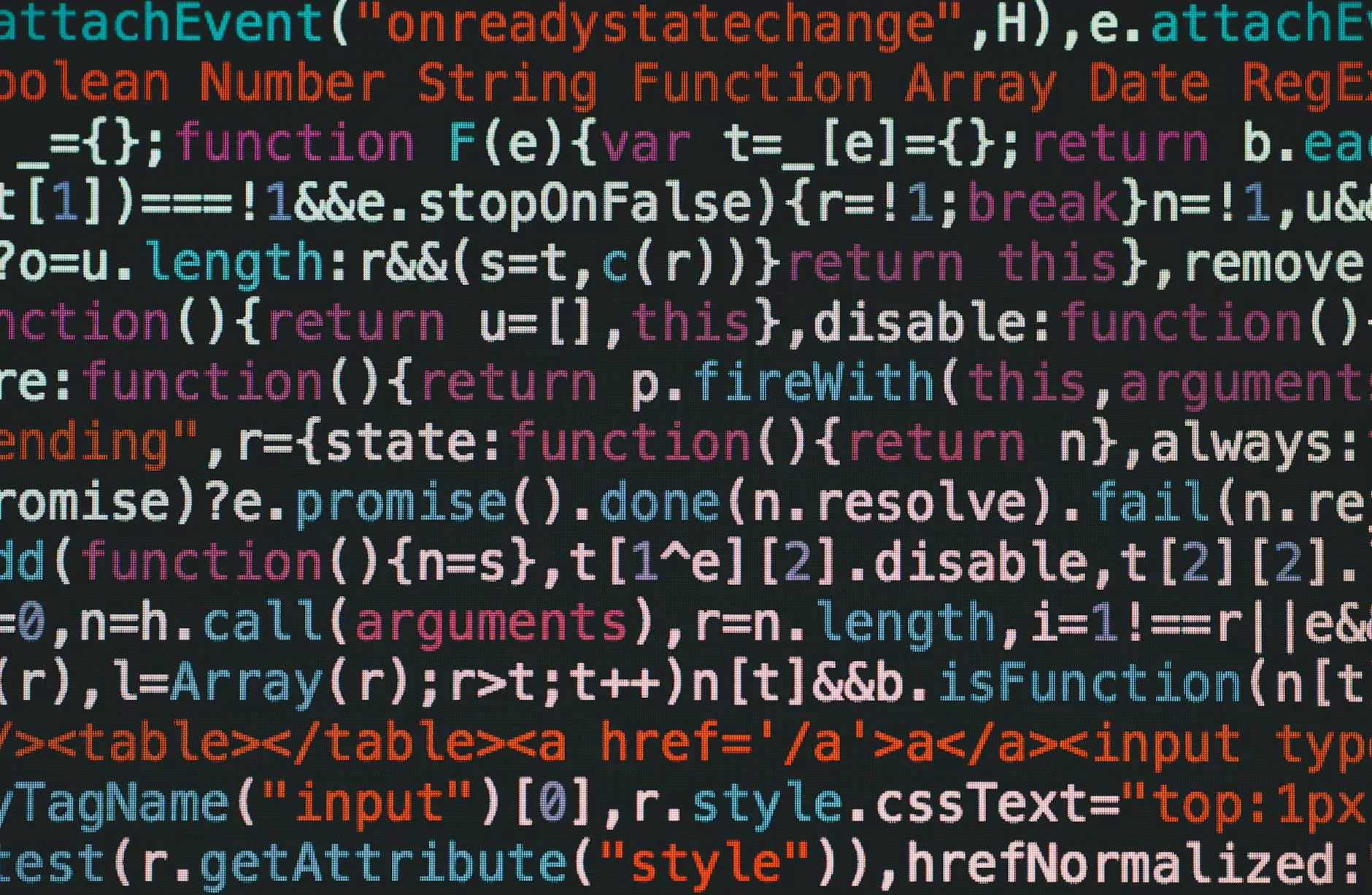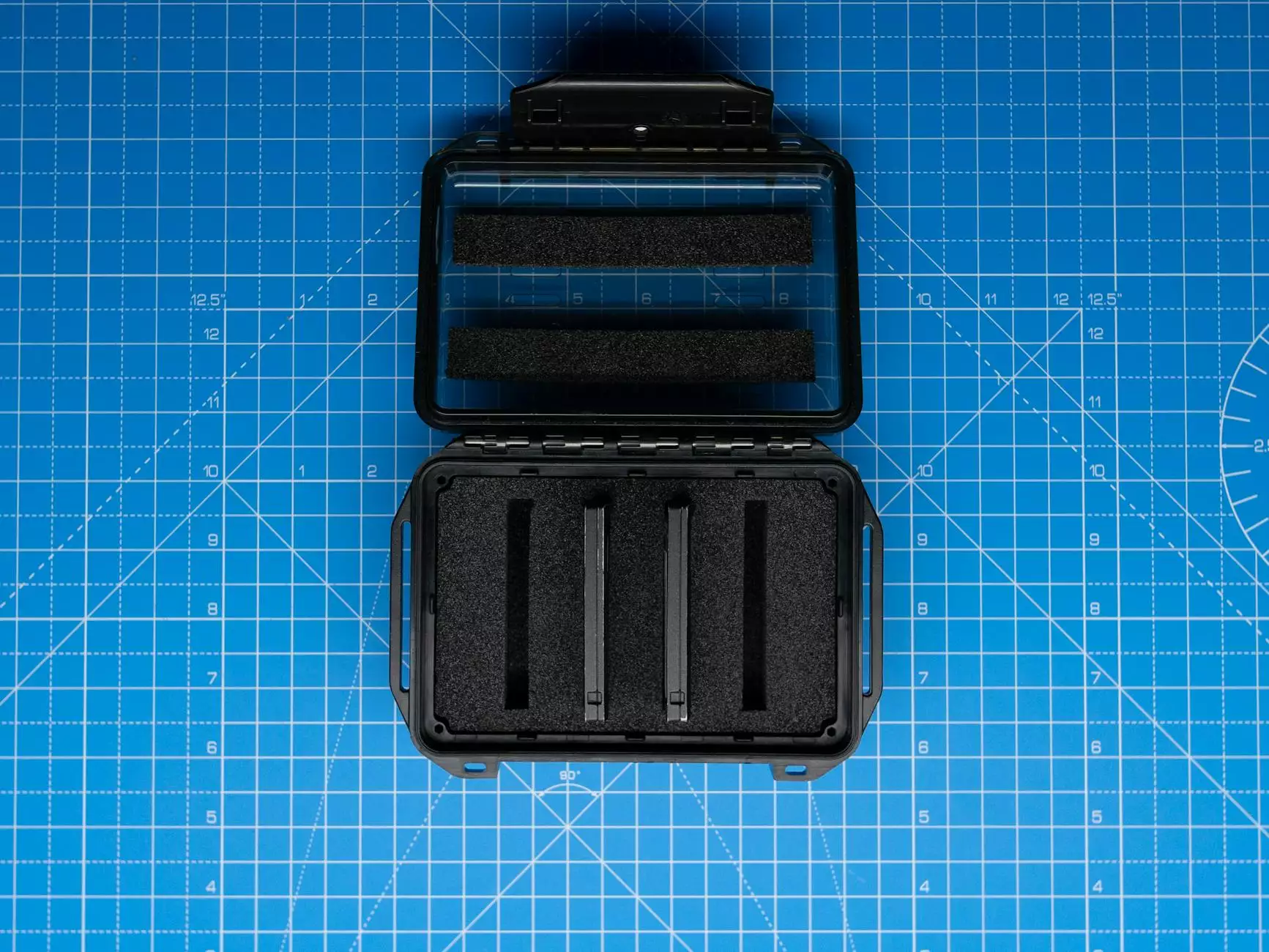Unlocking Career Opportunities with Medical Coding Classes

The healthcare industry is continually evolving, and with it comes a demand for skilled professionals who can navigate the complexities of medical billing and coding. Enrolling in medical coding classes provides individuals the opportunity to embark on a rewarding career path that is not only lucrative but also essential for the smooth operation of healthcare services. This article delves into the importance of medical coding, the benefits of taking medical coding classes, and how this knowledge contributes to the broader healthcare ecosystem, particularly in doctors' offices, health facilities, and medical centers.
Understanding Medical Coding
Medical coding is the process of translating healthcare diagnoses, procedures, medical services, and equipment into universal medical alphanumeric codes. These codes are pivotal for various reasons:
- Accurate Billing: Medical coding ensures that healthcare providers receive proper compensation for their services.
- Data Management: These codes aid in maintaining accurate patient records and health statistics.
- Insurance Claims: Proper coding is essential for filing insurance claims efficiently and accurately.
The Growing Demand for Medical Coders
The shift towards digitization in the healthcare sector has ushered in a magnificent wave of demand for qualified medical coders. Here are some key points:
- The increasing complexity of health records and insurance policies necessitates skilled individuals who can interpret and enter codes correctly.
- According to the Bureau of Labor Statistics, employment for medical records and health information technicians is projected to grow much faster than the average for all occupations.
- Healthcare facilities, including hospitals, outpatient clinics, and private practices, are consistently on the lookout for certified coders who can contribute to their operations.
Benefits of Taking Medical Coding Classes
Investing time in medical coding classes offers numerous advantages, including:
1. Comprehensive Knowledge
These classes cover vital aspects of coding systems, such as ICD-10 (International Classification of Diseases), CPT (Current Procedural Terminology), and HCPCS (Healthcare Common Procedure Coding System). Gaining a thorough understanding of these coding systems is crucial for effective performance within healthcare.
2. Career Opportunities
With a certification in medical coding, graduates can pursue various career paths, such as:
- Medical Coder: Directly responsible for coding patient diagnoses and procedures.
- Coding Auditor: Reviews coding for accuracy and compliance, troubleshooting discrepancies.
- Billing Specialist: Manages the billing process to ensure timely payment from patients and insurers.
- Health Information Technician: Works with patient records and data management to comply with medical regulations.
3. Flexibility and Accessibility
Many institutions offering medical coding classes provide flexible learning options, including online courses. This format allows students to learn at their own pace, balancing education with personal or professional obligations. This aspect is particularly appealing to those already working in the healthcare field who wish to advance their careers without sacrificing their current jobs.
How to Choose the Right Medical Coding Classes
Choosing the right program is crucial to ensure quality education in medical coding. Here are some tips to consider:
1. Accreditation
Ensure that the program is accredited by a recognized body, such as the American Academy of Professional Coders (AAPC) or the American Health Information Management Association (AHIMA). Accreditation assures you of a quality education with curriculum standards relevant to current industry requirements.
2. Course Curriculum
Review the course curriculum to ensure it covers all necessary topics. Essential subjects include anatomy and physiology, medical terminology, coding systems, and billing procedures. A comprehensive course will prepare you for various coding jobs across the healthcare spectrum.
3. Instructor Expertise
Look for programs with instructors who have extensive experience in the field. Proper mentorship can significantly enrich your learning experience and provide insights into the industry.
4. Job Placement Assistance
Many reputable medical coding programs offer job placement assistance to help graduates secure employment after finishing their classes. Such support can ease the transition from education to employment.
Breaking Down Common Medical Coding Certifications
Upon completion of medical coding classes, students can pursue various certifications to enhance their credentials:
- CPC (Certified Professional Coder): Offered by the AAPC, this certification validates proficiency in coding for outpatient services.
- CCS (Certified Coding Specialist): Provided by AHIMA, the CCS credential indicates a high level of competence in coding inpatient and outpatient services.
- CIC (Certified Inpatient Coder): Recognizes expertise in coding inpatient hospital services.
- CRC (Certified Risk Adjustment Coder): Focuses on coding for risk adjustment in healthcare, vital for value-based care.
Real-world Applications of Medical Coding
The importance of medical coding extends beyond mere numbers. Each code has implications for healthcare policies, patient care quality, and hospital revenues. Here’s how medical coding is applied in real-life scenarios:
1. Enhancing Patient Care
Accurate coding improves patient care by ensuring that healthcare providers have access to precise information. This accuracy can influence treatment decisions, risk assessments, and overall patient management strategies.
2. Facilitating Research and Public Health
Coding data is essential for research, enabling public health professionals to analyze health trends, outbreaks, and healthcare access issues. Properly coded information contributes to valuable insights that can shape health policies.
3. Financial Health of Healthcare Organizations
Healthcare facilities rely on accurate coding for their financial sustainability. Errors in coding can lead to significant revenue loss and affect the organization’s operational budget, making skilled coders indispensable.
The Future of Medical Coding
As technology continues to reshape the healthcare landscape, the future of medical coding looks promising yet challenging. The integration of artificial intelligence and machine learning into coding processes is already on the horizon:
- Automation: AI can streamline coding tasks, reducing errors and enhancing efficiency. However, human coders will still be required to validate and interpret more complex cases.
- Continuous Learning: Coders must commit to lifelong learning to keep pace with evolving coding standards and regulations.
Conclusion: Transform Your Future with Medical Coding Classes
Enrolling in medical coding classes is a smart choice for anyone looking to establish a career in the healthcare field. With a growing demand for skilled coders and the flexibility offered by today’s educational institutions, it's time to seize the opportunity. By gaining mastery over essential coding systems and earning respected certifications, you can make a significant impact in various healthcare settings, from doctors' offices to large medical centers.
Your journey towards becoming a successful medical coder awaits you, and the potential rewards—financial security, career advancement, and contributing to the vital healthcare system—are within your grasp. Begin today and pave your path in this exciting and necessary profession.









